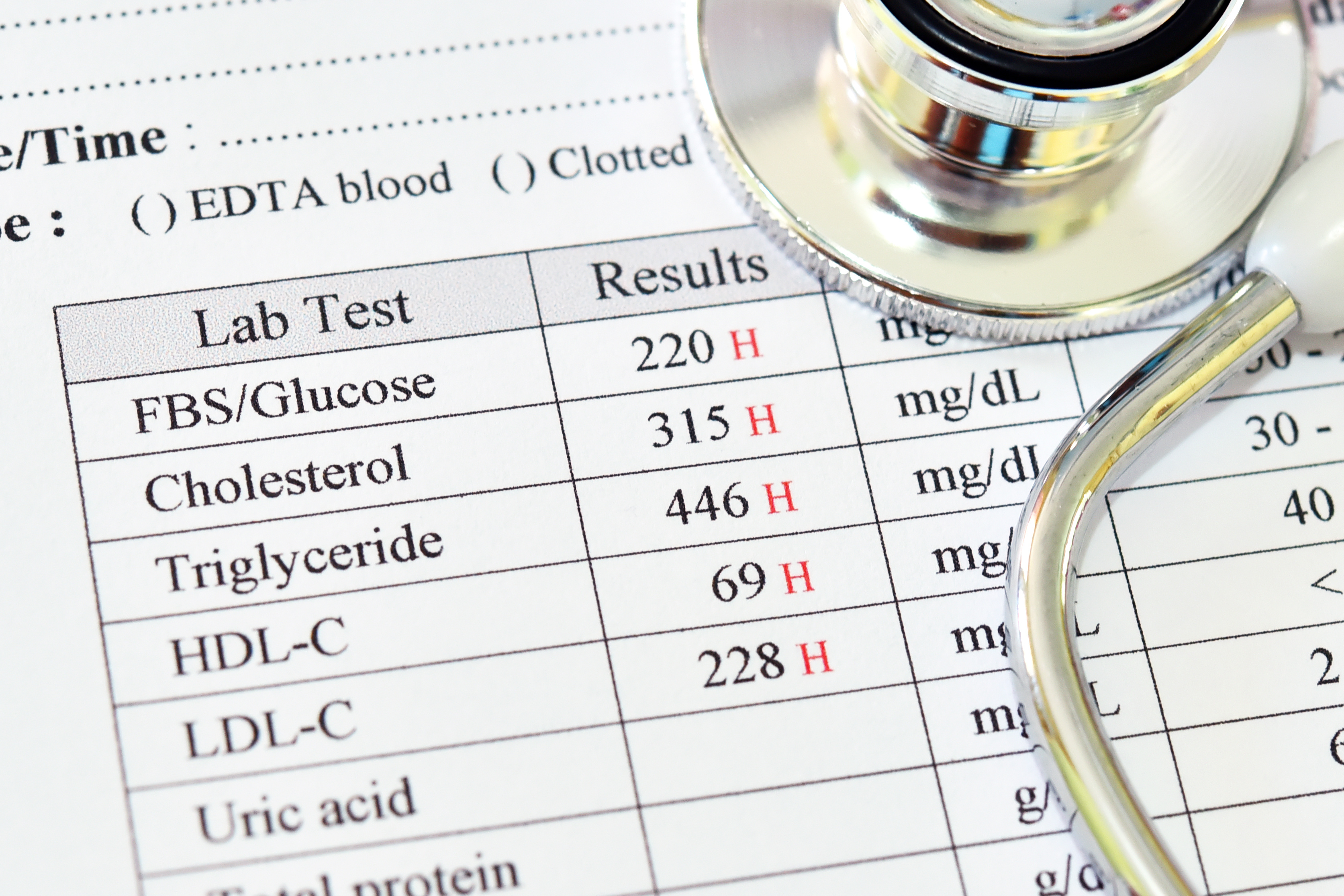|
|
|
VIDEO: Teprotumumab Offers Hope for Thyroid Eye Disease Patients
|
|
New research shows teprotumumab can be a beneficial treatment for patients suffering from thyroid eye disease. In an interview with HCPLive®, Raymond Douglas, MD, PhD, director of the Orbital and Thyroid Eye Disease Center at the Cedars-Sinai Medical Center, explained the importance of the teprotumumab in treating this patient group and how the coronavirus disease 2019 (COVID-19) might impact thyroid eye disease patients.
|
| |
|
| VIDEO: Lipid Management in Diabetic Patients with Cardiovascular Disease |
 Deepak Bhatt, MD, MPH, executive director of Interventional Cardiovascular Programs at Brigham and Women’s Hospital talks with HCPLive's Patrick Campbell about the American Heart Association's recommendations from the lipid management portion of their scientific statement discussing both coronary artery disease (CAD) and type 2 diabetes (T2D).
Deepak Bhatt, MD, MPH, executive director of Interventional Cardiovascular Programs at Brigham and Women’s Hospital talks with HCPLive's Patrick Campbell about the American Heart Association's recommendations from the lipid management portion of their scientific statement discussing both coronary artery disease (CAD) and type 2 diabetes (T2D).
|
| |
|
| Being Born by Cesarean Increases Odds of Obesity and Diabetes |
 A new study has identified a significant association between being born via cesarean delivery and increased risks of obesity and type 2 diabetes in adulthood.
A new study has identified a significant association between being born via cesarean delivery and increased risks of obesity and type 2 diabetes in adulthood.
|
| |
|
|
|
|
|
|
|
|
|
|
|
|
|
| |
| Endocrinologists Called to Restrict Glucocorticoid Prescriptions to Aid in COVID-19 Crisis |
|
Endocrinologists make can a difference in COVID-19 by restricting their use of glucocorticoids. According to an editorial published in the Endocrine Society’s Journal of Clinical Endocrinology & Metabolism, patients treated with glucocorticoids will be at higher risk for coronavirus disease 2019 (COVID-19), the infection caused by the novel coronavirus.
|
| |
|
| Endocrinology, Diabetes, and COVID-19: An Interview with Paul Stewart, M.D. |
|
Patrick Campbell sat down with Paul Stewart, MD, Executive Dean of the Faculty of Medicine and Health at University of Leeds and editor in chief of the Journal of Clinical Endocrinology & Metabolism to discuss why endocrinologists are expressing additional concern for their patients during the COVID-19 outbreak.
|
| |
|
| Why Older Patients Are More At Risk for COVID-19 : A Decline In ACE2 Expression |
|
A new perspective from a team of Maryland-based cardiovascular clinicians sheds insight on an often forgotten facet of the inherent COVID-19 risk carried by patients with cardiovascular history: the decline in angiotensin-converting enzyme 2 (ACE2) expression associated with aging, and the response of care most common in such patients.
|
| |
|
| The Location of Broken Bones Predicts Life Expectancy in Elderly Patients |
|
The location of a broken bone can significantly impact the long-term health outcomes of older individuals, according to the new research findings to be presented at the Endocrine Society (ENDO) 2020 Annual Scientific Sessions.
|
| |
|
| When Detecting Broken Bones Computers Outperform People |
|
An artificial intelligence tool trained to pinpoint patients with broken bones who are also at risk for osteoporosis outperforms radiologists who manually read the reports, a new study has found.
|
| |
|
| Hypothyroidism Screening Needed for Patients with Alkaptonuria |
|
Screening for hypothyroidism should be considered for patients with alkaptonuria, according to recent study findings.
|
| |
|
| Early Puberty Could Help Predict Risk of Diabetes |
|
New research from a team of European investigators suggests age at the onset of puberty could serve as an independent risk factor for type 2 diabetes (T2D).
|
| |
|
| ACE Inhibitors & ARBs: Wading Into the Unknown of COVID-19 |
|
What is the role of ACE inhibition or angiotensin receptor blockers (ARBs) within regard to the novel coronavirus (COVID-19)?
|
| |
|
| We want to hear from you! |
|
Did you love an article you read in Practical Cardiology? Disagree with an author’s conclusions? Want to share how you solved an issue in your practice? Then Practical Cardiology editors want to hear from you! Please send your comments to GCudaKroen@mjhlifesciences.com.
|
| |
|